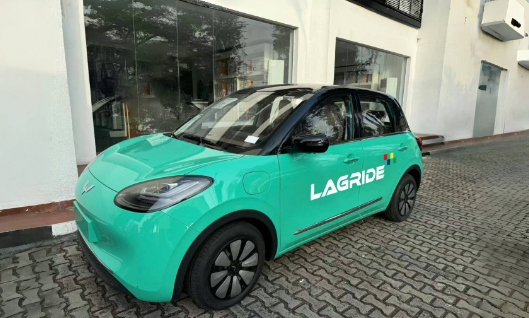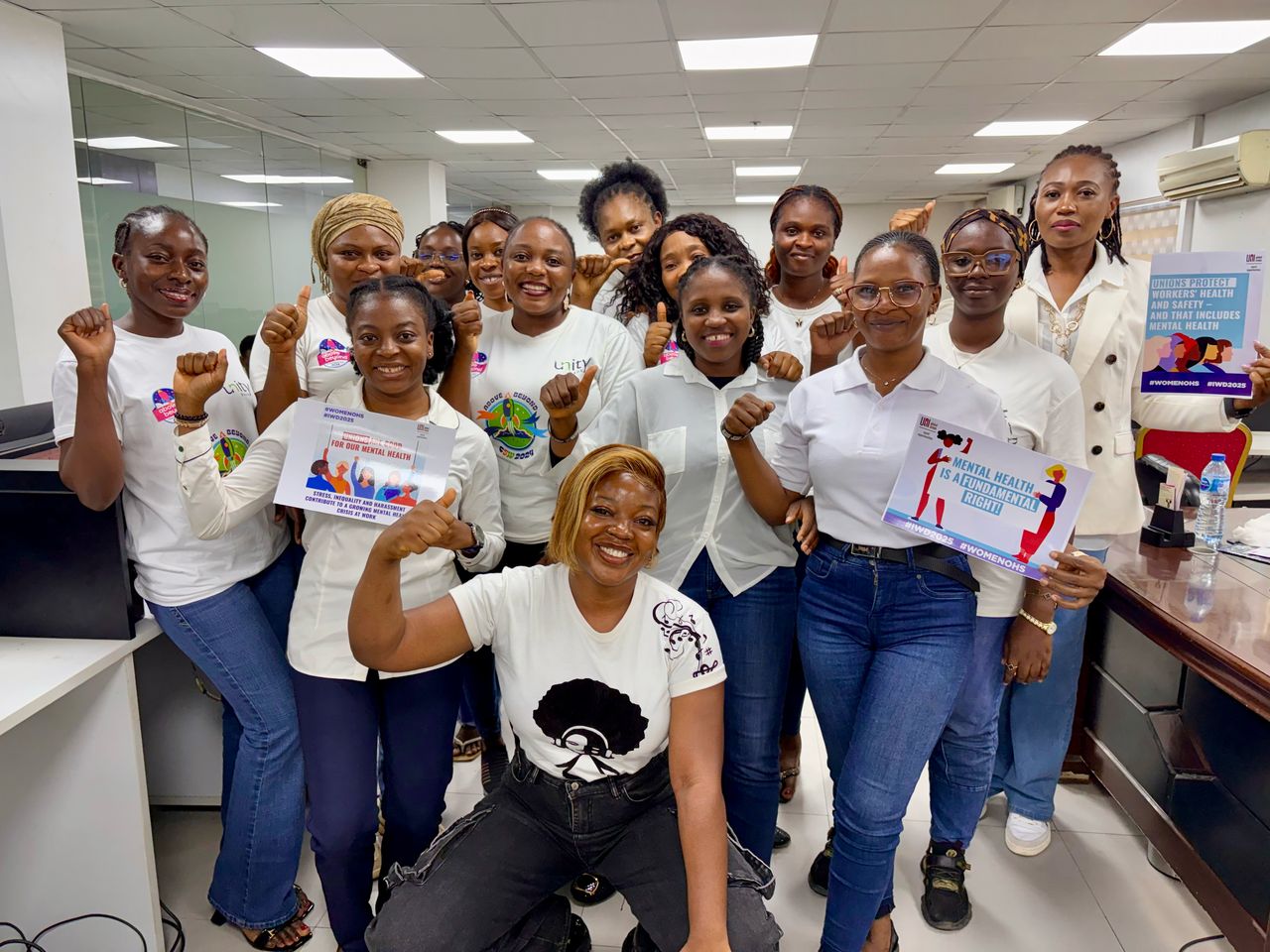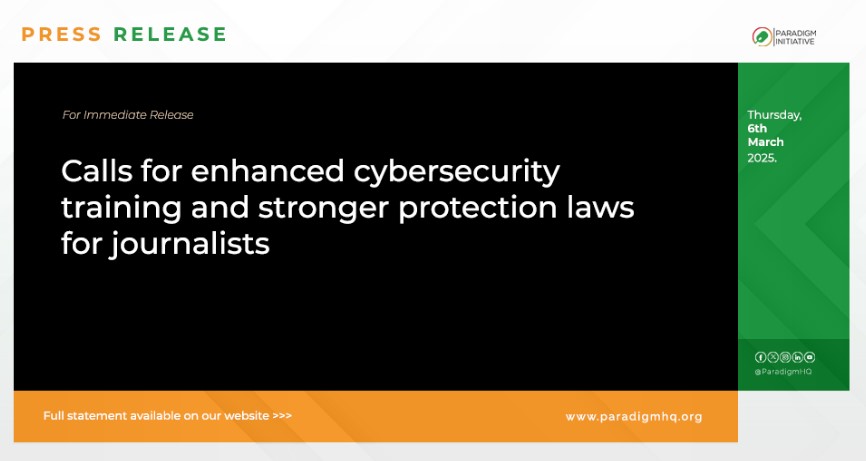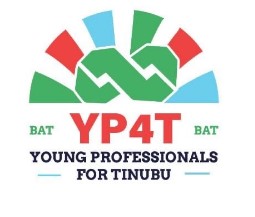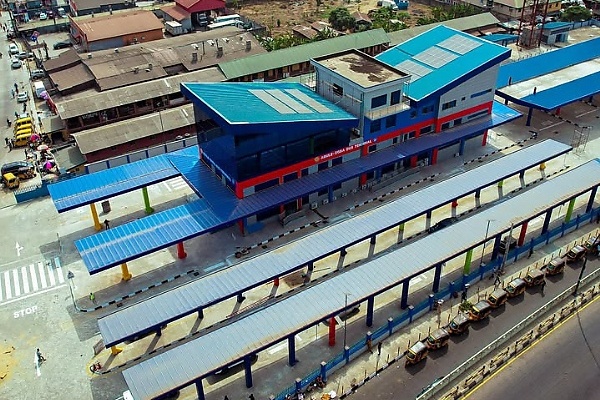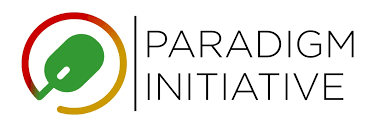Paradigm Initiative (PIN) joins the world to commemorate International Girls in ICT Day under the theme: Connected Girls, Creating Brighter Futures. As the world celebrates this day, we’re reflecting on the need to close the digital gender divide, including more girls participating in the technology revolution.
In a statement by ITU in 2015, “ITU estimates a skills shortfall of over two million jobs in the information and communication technology (ICT) sector within the next five years. Girls and young women who learn coding, apps development and computer science will not only be well-placed for a successful career in the ICT sector, but ICT skills are rapidly becoming a strong advantage for students in just about any other field they might choose to pursue.” Although ICT skill may have become a substantial advantage for students; however, five years after this statement, the numbers of women accessing and using ICT are lower than men.
In a WEF report on The Future of Job, 2016, it is estimated that 65 per cent of children attending primary school will be working in the types of jobs that do not exist today. Sadly, girls in Africa (especially those in underserved/marginalized communities and groups) are likely to be left behind in this future because discouraged from attempting to access quality education (including Digital literacy training). According to UNICEF on girls’ education, “132 million girls are out of school, including 34.3 million of primary school age, 30 million of lower-secondary school age, and 67.4 million upper-secondary school age”. If we must connect girls, invest in them, and develop to create a desired brighter future.
It is most urgent and essential that digital gender equity takes the front burner; equipping girls with ICT skills can economically empower millions of girls (who would become women) and accelerate countries’ economic growth worldwide.
For the achievement of digital gender equity and connecting more girls to ICT opportunities, we urge that:
-
more support is given to girls from a young age to increase their interest and self-esteem in ICT
-
Gender biases that view technology as a male domain be erased
-
Policymakers research and provide new approaches to enable girls to access digital literacy skills and access to the Internet.
-
The government works with private sector businesses to create learning centres where more girls can access ICT tools and skills.
L







